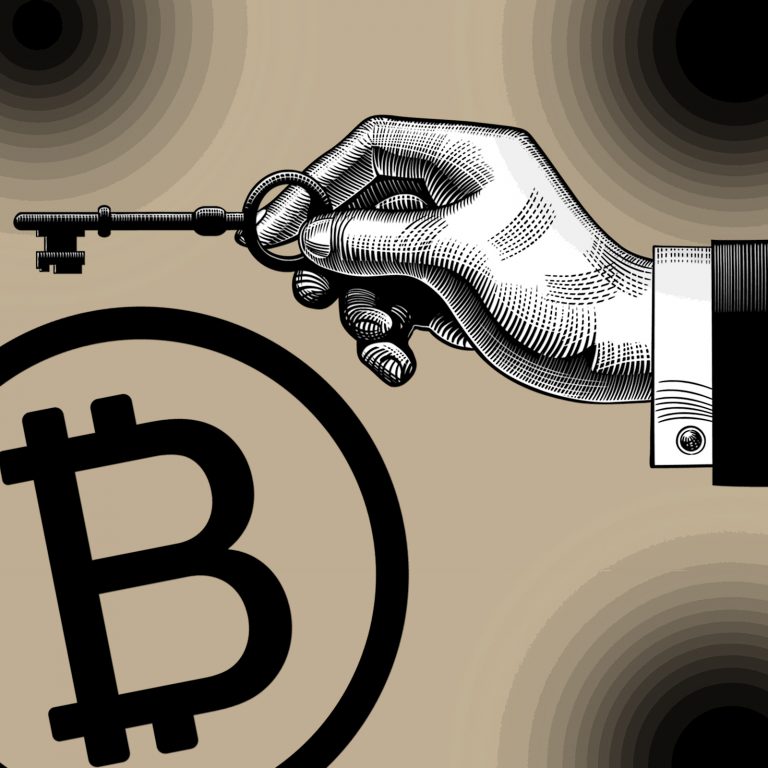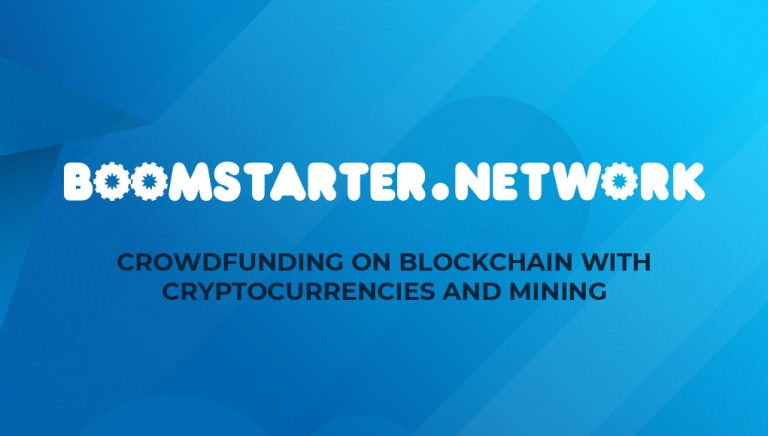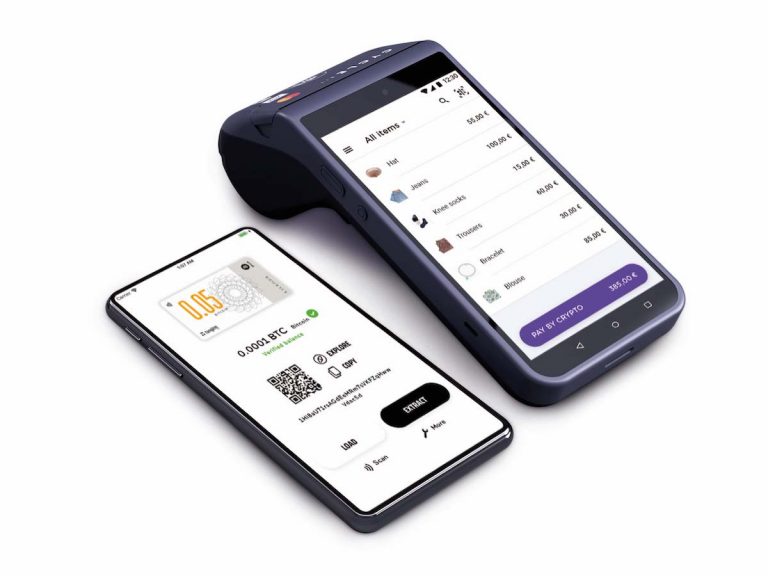
2018-11-30 21:05 |
Since the Bitcoin Cash (BCH) fork occurred recently, it’s a good time to discuss the difference between custodial and noncustodial cryptocurrency services. Newcomers to the digital asset economy often get confused when they hear about a blockchain split and may wonder how they should handle the outcome. Individuals should note that the best solution depends greatly on how they prefer to store their cryptocurrencies – in a custodial or noncustodial wallet.
Also read: Follow This Branch: A Guide to Splitting BCH and BSV
Third Party and Sovereign Control Over Private KeysIf you have just joined the cryptocurrency space, you might find some parts of the ecosystem confusing. One of the most important lessons to learn is the best way to keep your assets safe and secure because no one likes to lose money. In the early days, around eight years ago, there were very few service providers offering wallets and exchanges. But now there are hundreds of wallets and exchanges offering a storage solution for cryptocurrencies. What some digital currency newcomers may not understand is that there is a big difference between custodial and noncustodial services. The recent Bitcoin Cash fork is a good example of why people should understand the differences between both systems.
Custodial Wallet Services
Custodial cryptocurrency services include most exchanges, brokerage services, and platforms that allow you to buy, sell, and store digital assets. A custodial business is basically a third party that offers to protect your assets within their system. People who store digital assets with a third party need to understand that they are not 100% in control of their cryptocurrencies. Coinbase is a great example of an exchange and brokerage service that also allows people to store digital assets within their wallet system. When you download the Coinbase application that allows purchases and sales, you’ll note that it is described as “the world’s most popular cryptocurrency wallet.” Therefore it’s safe to assume some users may think the application is a noncustodial wallet, but that isn’t the case.
For example, with the last hard fork, Coinbase and a multitude of other third-party services paused customers from sending and receiving BCH to their wallets. Noncustodial wallets were 100% operational before, during, and after the hard fork, because these kinds of wallets are not controlled by a third party. In another instance, Coinbase explained to their customers that BCH wallets had been recently enabled and that in the future they will disperse BSV funds. In essence, this means that if you stored BCH on Coinbase before the fork you must wait for them to allow you access to the BSV tokens that were once tethered to your BCH.
So the third party services that have re-enabled BCH transactions have split the coins stored there already, enabling you to transact once again with BCH without worrying about a replay attack or sending two types of coins.
However, one of the most important slogans within the cryptocurrency community is “If you don’t possess your private keys you don’t own bitcoin.” And this is true for any cryptocurrency held on an exchange or custodial wallet, as that third-party service is in control of your coins to a large degree. Examples of custodial services include Kraken, Coinex, Bitstamp, Poloniex, Bittrex, Bitfinex, Binance, and the myriad of other trading and brokerage service platforms that also offer storage.
Noncustodial Wallet Services That Give the User 100% ControlNoncustodial wallet services are platforms that allow users to possess their private keys. The application will either give you a file or have you write down a mnemonic phrase that can consist of 12-24 random words. A platform that provides users with the ability to store a cryptocurrency’s private keys gives the user 100% control over the funds. If you possess your private keys, you wholly own bitcoin or any of the other 2,000+ cryptocurrencies in existence.
Understanding private keys is important to financial sovereignty.So moving back to the BCH hard fork example, if you held pre-fork bitcoin cash in a noncustodial wallet, this will have allowed you to have complete ownership over your BCH and BSV. Noncustodial wallets include the Bitcoin.com client, BRD, Blockchain, BTC.com, Electron Cash, Copay, Jaxx, Coinomi, Edge, and many more because these platforms give users the ability to store their own private keys.
An example of an Electron Cash mnemonic phrase or private key.Individuals using these types of user-controlled wallets had the ability to split their BCH and BSV right after the split happened. Because individuals store their funds in a wallet they have sovereign control over, they are 100% responsible for the safety and security of the keys. Noncustodial wallet owners also need to split their BCH on their own, unless the wallet software offers a native splitting solution within the client. This means that if a user sends some BCH without splitting their BSV first in a noncustodial wallet, they face losing the BSV after sending the transaction. Having full ownership of your cryptocurrency private keys by means of a noncustodial wallet means you are accountable for every action, including splitting coins.
Research and Get to Know the Storage Solution You ChooseThere are lots of applications and platforms that offer cryptocurrency storage in wallets, but you need to be careful which one you choose. It is very important to understand the difference between custodial (third-party control) and noncustodial (sovereign control) storage solutions. The difference can be huge when it comes to exchange hacks, blockchain splits, and other unknowns that take place within the cryptocurrency ecosystem. The best thing to do is research the service or application you use to store your cryptocurrency and perform due diligence. Find out whether or not the application you use is a custodial or noncustodial solution and decide for yourself if the service is safe and secure enough to hold your precious digital assets.
Do you understand the difference between custodial and noncustodial cryptocurrency services? Let us know what you think about this subject in the comments section below.
Images via Shutterstock, Electron Cash, Pixabay, Jamie Redman, Bitcoin.com.
Now live, Satoshi Pulse. A comprehensive, real-time listing of the cryptocurrency market. View prices, charts, transaction volumes, and more for the top 500 cryptocurrencies trading today.
The post The Difference Between Custodial and Noncustodial Cryptocurrency Services appeared first on Bitcoin News.
origin »Bitcoin price in Telegram @btc_price_every_hour
Global Cryptocurrency (GCC) íà Currencies.ru
|
|




















